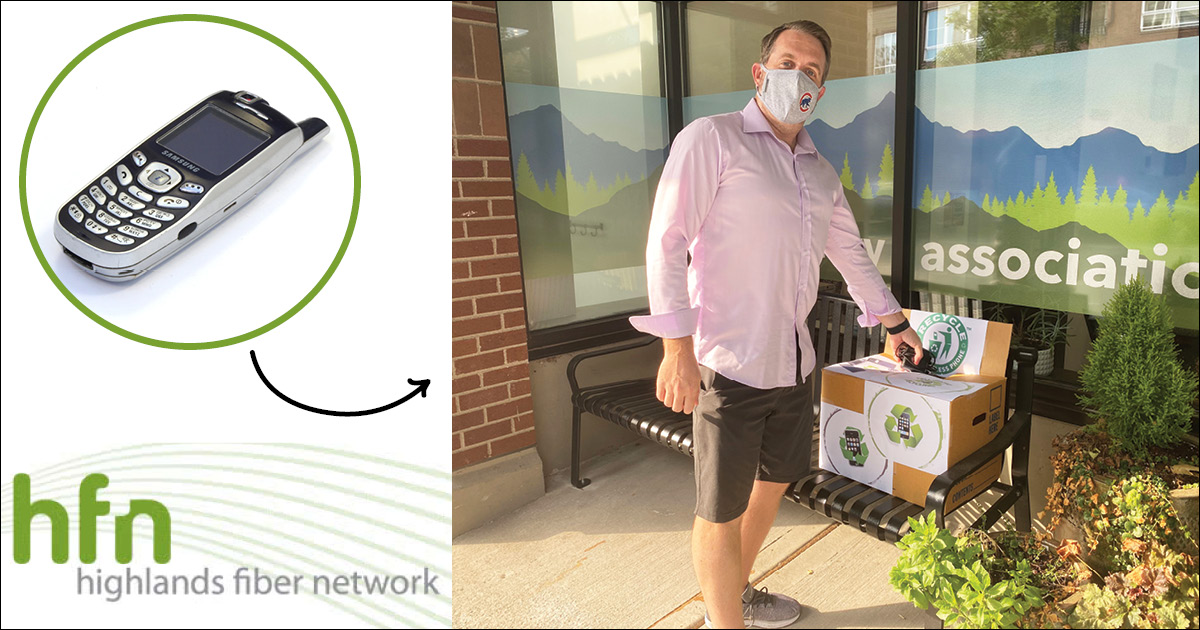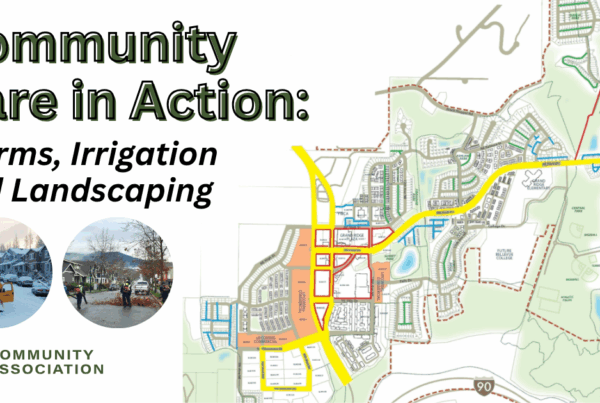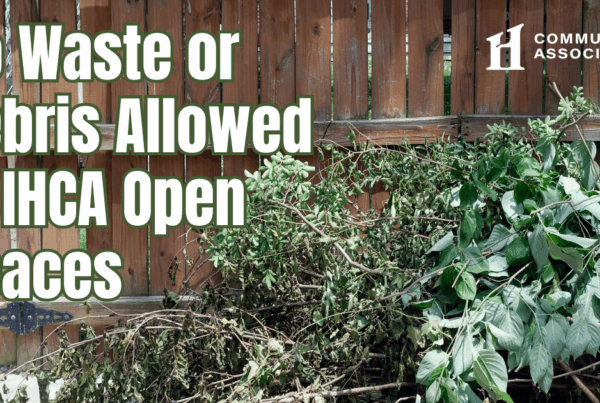
An Opportunity to Help the Planet and People in Need
Skip to HFN cellphone donation program information >>
Electronic waste, or e-waste, is typically defined as electronic products that are unwanted, not working, or near the end of their life. E-waste consists of everyday items like mobile phones, desktop computers, laptops, tablets, televisions, VCRs, stereos, copiers, and fax machines.
With most of us stuck at home, we’ve all had extra time to look around and see what home projects need our attention. If you have decided to tackle a home project that includes getting rid of or replacing older electronics, you need to know where to take your older items to dispose of them properly. Don’t just put them in your garbage bin.
Globally, electronic waste is expected to exceed 50 million tons in 2020, with annual growth between 4-5%. In the United States, it’s estimated that every person produces around 44 pounds of e-waste, annually. Between 80-85% of electronic products are discarded in landfills or incinerators, which can release toxins into the air we breathe. According to the U.S. Environmental Protection Agency, e-waste is the fastest growing waste stream in America to date.
Fortunately, as we consume more electronics, there are more ways for us to recycle and reuse them, helping to protect the environment and ourselves. This makes electronics recycling programs crucial to the future health of our world. Washington’s Department of Ecology’s E-Cycle Washington program, a free program helping residents easily recycle electronics, is a resource for finding e-waste recycling locations near you.
(Go to E-Cycle Washington’s website to learn more)
Before you take your e-waste items to be recycled, always clear as much personal data from mobile phones, computers, and laptops as possible. Here are some steps to take for working mobile phones, desktop computers, and laptops:
Mobile phones: Easily back up your contacts and calendar with Apple iOS or Google Android cloud servers that make backing up personal information fast and easy. Be sure your latest information has been synced with your Apple ID on iCloud or Google account. Backups for your apps, data, and media like music, photos, and video can all be done through your Apple ID and iTunes account or Google Drive and Google Photos. Once you have backed-up all of your data you will need to perform a factory reset. This will wipe the device clean of all installed apps, photos, videos, email accounts, personal accounts – everything.
Desktop computers and laptops: Be sure to save important files you don’t want to lose using a cloud service like Google Drive or OneDrive, or an external hard drive. Before you recycle your device, you should remove all personal information. Directions differ depending on your operating system. Look for directions from credible sources online (this article could be a good starting point).
If you recycle an old device and need help connecting a new device to your HFN network, do not hesitate to reach out to our customer service team. We are happy to help!
Our goal is to provide you with state-of-the-art internet service. HFN Customer Service can help you get the most out of your network and are available 24/7 at (425) 427-0999, HighlandsFiberNetwork.com, or email
support@HFNServices.com.
Local Cell Phone Recycling in Issaquah Highlands
Highlands Fiber Network is collecting working cell phones to donate to the following nonprofits:
- Cell Phones for Soldiers: Helps soldiers stay in touch with family and friends back home.
- Medic Mobile: Website: Supports healthcare workers and funds healthcare programs in 26 countries around the world.
- Domestic Violence Services of Snohomish County: Provides phones for safety reasons to victims of domestic violence.
To donate: Bundle your working cell phone with its charger and label with your preferred nonprofit from the list provided and drop in one of the designated drop boxes. HFN will periodically collect and ship donated cell phones to the indicated nonprofit.
Drop box locations:
- IHCA office, 2520 NE Park Drive, Suite B (outside in front of the office.)
- Coming Soon: Regency Center, 1451 Highlands Dr NE (inside building lobby)
Local E-Waste Recycling Options
Check each recycling site’s website for donation hours.
The Recology Store (Currently closed to the public)
Address: Gilman Village, 317 NW Gilman Blvd. #22, Issaquah, WA 98027
Website
Items Accepted: Small appliances and electronics (60 pounds or less), flat-screen TVs (40 inches and up), functional and non-functional computers.
Value Village Issaquah
Address: 5530 East Lake Sammamish Parkway SE, Issaquah, WA 98029
Website
Items Accepted: Electronics, DVD and VCR players, and software.
Goodwill Issaquah Donation Center (Temporarily closed)
Address: 970 7th Avenue, Issaquah, WA 98027
Website
Items Accepted: Up to five televisions (19 inches or smaller), monitors, computers, or laptops per donor through the E-Cycle Washington program.
Goodwill Sammamish Donation Center
Address: 228th NE and NE 8th (Behind Safeway), Sammamish, WA 98074
Website
Items Accepted: Up to five televisions (19 inches or smaller), monitors, computers or laptops per donor through the E-Cycle Washington program.
Retailer Recycling Programs
This is a limited list; find more resources here.
Apple
Check website for hours and locations near you. Check to see if your device is eligible for a credit to offset the purchase price of a new Apple device. If an item is not eligible for credit, you can recycle it for free.
Best Buy
Check website for hours and locations near you. Limit of three items per household per day. Products recycled for a $25 fee per item. Limit two TVs per household per day (tube TVs smaller than 32 inches, flat panel TVS: LCD, plasma, LED smaller than 50 inches, portable TVs, monitors). Details at bestbuy.com (Under “Services”).
Photo: Jeremy Fallt, HFN General Manager, recycles a cell phone for charity at the HFN-designated dropbox in front of the IHCA office.





